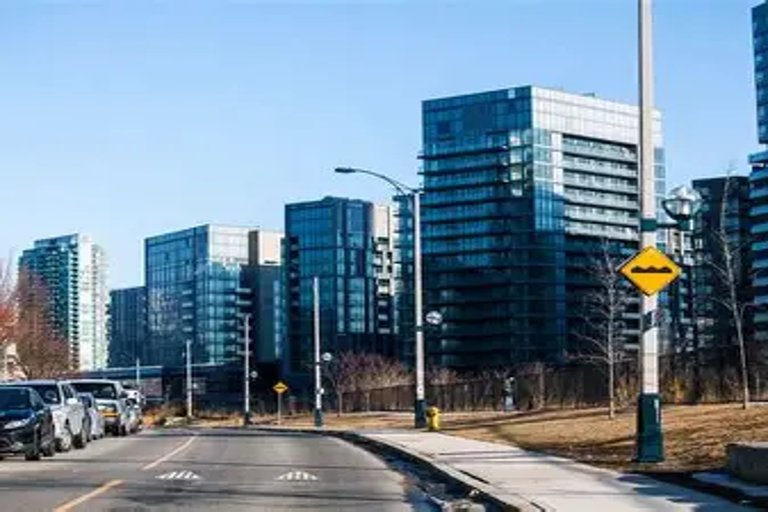Toronto expands affordable housing program with new downtown complex
The City of Toronto has launched a new housing initiative aimed at increasing access to affordable units in the downtown core, with over 200 new apartments now available to residents.
Published on: June 20, 2025 at 12:18 | By The Daily Boreal Editorial Team

Toronto has taken a bold step in tackling the ongoing housing affordability crisis with the launch of a new affordable housing complex in the heart of the downtown core. The initiative, led by the City of Toronto in collaboration with non-profit partners, introduces over 200 new rental units targeted at low- and moderate-income households.
The newly constructed complex, located near Front Street and Spadina Avenue, is part of the city's Housing Now program. This public initiative aims to leverage city-owned land to build mixed-income communities that blend market-rate and subsidized units in prime urban locations.
Mayor Olivia Chow praised the development as a model for inclusive city-building, stating that affordable housing should not be confined to the suburbs. "We are committed to ensuring that all Torontonians — regardless of income — have access to safe, stable homes in the neighborhoods where they work and study," she said at the ribbon-cutting ceremony.
The complex features one- to three-bedroom units, prioritizing accessibility and energy efficiency. It includes communal green spaces, a childcare facility, and a small business incubator on the ground floor. Tenants will be selected through a centralized waitlist overseen by Toronto Community Housing.
Construction was funded through a combination of municipal investment, provincial grants, and federal support from the Canada Mortgage and Housing Corporation (CMHC). The city has also implemented long-term rent controls for the subsidized units, offering stability to future tenants.
Local residents have expressed mixed reactions. While many welcome the added housing supply and diversity, others have voiced concerns about increased density and traffic congestion. City planners have responded by highlighting nearby transit infrastructure and pedestrian-friendly designs intended to reduce car dependency.
Urban development experts say this project represents a meaningful shift in how Canadian cities address housing inequality. By placing affordable housing in high-demand neighborhoods, the city is reversing a decades-long trend of economic segregation.
Toronto has pledged to deliver at least 40,000 new affordable units by 2030. This downtown complex, one of several under construction, signals progress toward that ambitious goal. Officials say the key to success will be sustained public-private collaboration and ongoing community engagement.
The building's design also reflects a commitment to sustainability. Solar panels on the roof help offset energy costs, while efficient insulation and low-flow fixtures reduce environmental impact. A community garden and bike storage promote greener urban living.
Tenants are expected to begin moving in within the next few weeks. A local support organization will be onsite to assist residents during the transition and help them connect with employment and education resources.
The city plans to monitor the impact of the project over time, tracking indicators like tenant satisfaction, neighborhood integration, and service usage. These metrics will inform future affordable housing efforts across Toronto.
As housing costs continue to outpace income growth, advocates argue that developments like this must become the norm. They contend that equitable access to housing is not just a social imperative but a prerequisite for a resilient, inclusive city.